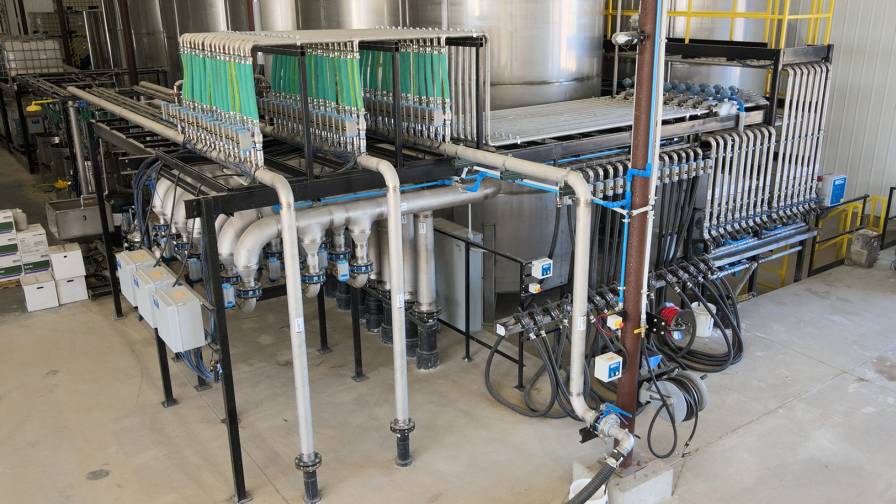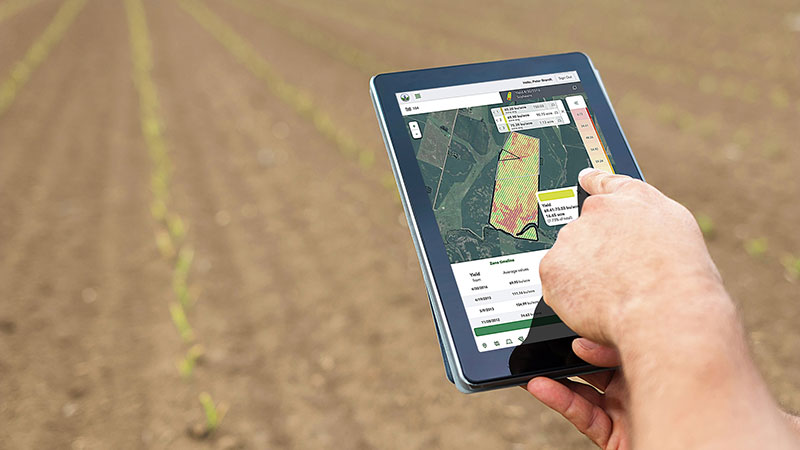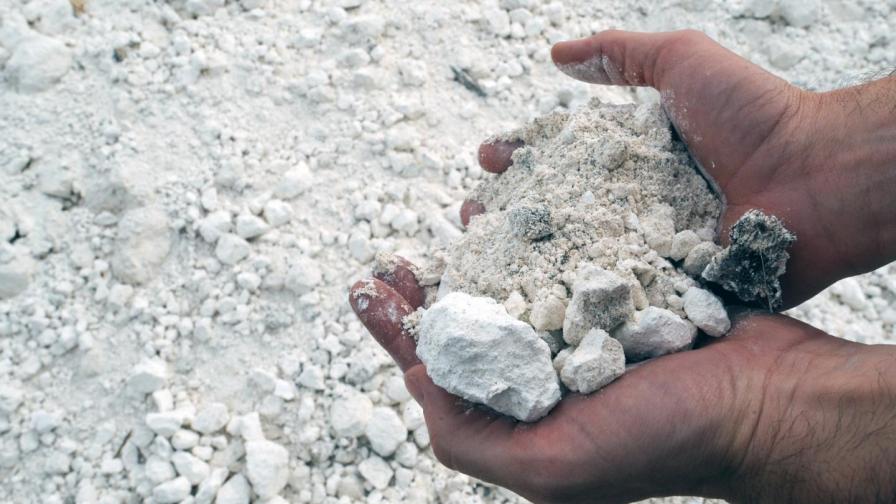Building Business Around Soil Health
Soil health is critical to any grower’s success. The question for ag retailers is: What can they do to aid their grower-customers looking to manage soil health, while improving their own bottom lines.
Earlier this year The Mosaic Co. hosted a meeting with several of their customers in Tampa, FL. Keith Byerly, Commercial Sustainability Lead at The Mosaic Co., presented a session on how to do just that — Building a Business Around Soil Health. Byerly began his career in the ag retail world spending nearly 20 years in the business beginning as a “traditional crop scout” and later serving as an applicator and moving to precision agriculture.
“We have to identify the unique position we’re in in the retail world of agriculture here,” Byerly said. “When it comes to this conversation, we have the luxury of talking about soil health with our customers and we have the luxury of talking about sustainability with the commercial side of the world, with the people that make the food, the fuel, and the fiber that we all use.”
Soil health is important to growers, so it needs to be important to retailers. That’s been borne out in a couple of surveys done over nearly two decades. In 2000, Mosaic surveyed farmers and 86% indicated “they were looking actively looking for ways to incorporate more soil health into their farm.” A 2019 survey conducted by South Dakota State University and others indicated a similar result.
“They are looking for ways to deal with more weather extremes. They’re looking for ways to improve the profitability of their farm, and they’re looking for ways to somehow ensure that they’re not the generation that the farm ends at,” Byerly said. “They want to make sure that they’re creating the generational legacy that’s come before them to pass that farm on to future generations.”
Byerly added a few more reasons growers focus on soil health.
“They’re looking at this because when they start adopting soil health, they feel better about what they’re doing,” he said. “They have less stress in the day-to-day operations. And maybe as surprising as anything, by almost a 40% margin, almost two to one, they say that they’re just plain more satisfied with farming and with life and have a better family life when they employ soil health on their farm.”
The challenge, though, is that less than one-third, only 29%, “are focused on soil health because it opens up market opportunities to them.”
There are a variety of reasons for the “disconnect” between the value and the implementation of soil health, Byerly said: Lack of access to a trusted advisor, lack of access to the tools needed to make changes, lack of market demand, and lack of labor to name a few.
In response to the hesitancy, Byerly relayed a story from his days working in a coop and sharing a new product or service with the executive team. At one point the CEO “would always stop us midway or in the later third of that presentation, lean back in his chair, and say: ‘Gentlemen, I want you all to remember that the job of the coop, the job of the retailer, is to do what the grower can’t or won’t do for themselves.’”
With that attitude in mind, retailers can develop soil health plans for their grower-customers that are profitable for both the farmer and the ag retailer.
“There really should be no reason that we don’t think about soil health and soil health agronomists,” he said. “In much the same way, there’s a whole litany of specialties and areas of expertise that those folks are expected to bring to a team that are beyond what I would expect our agronomists to know on a day-in and day-out basis.
“If we want to make this part of a regular business, we need to be just as purposeful with it as we are about our precision agronomy program,” Byerly said. “Making sure we know exactly what the deliverable to the farmer is going to look like in report form, making that we have a cadence of scheduling of our sampling, and that planned decision of deployment and billing — bringing the same level of professionalism to that as we do anything else in our operations.”






